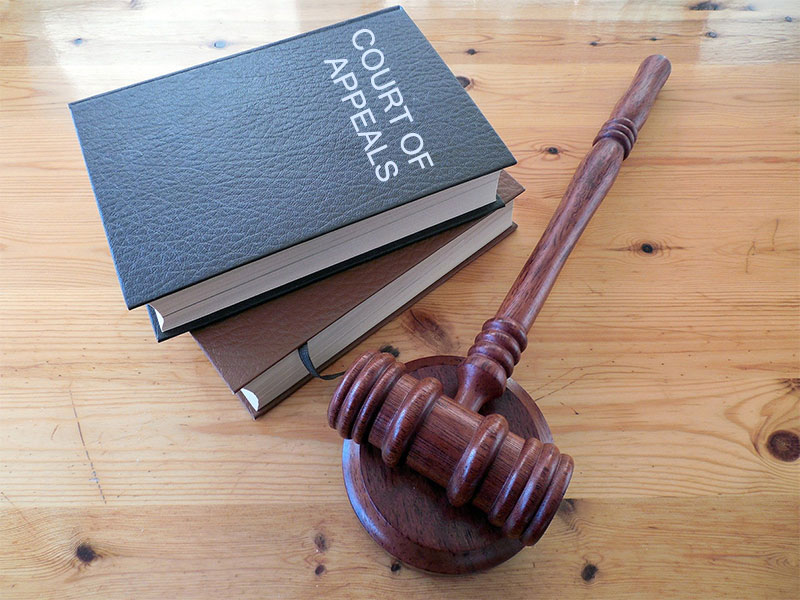The 2018 National Defense Authorization Act created a new article under the UCMJ. Article 117a criminalizes the wrongful broadcast or distribution of intimate images. Unlike Article 120c which outlaws the indecent viewing, recording, or broadcasting of the private area of another person without their consent, Article 117a applies to servicemembers who release consensually made images or recordings without the other persons’ permission. This law was enacted as a response to the Marines United scandal, involving a Facebook page used to post nude images of female servicemembers without their consent.
A charge under Article 117a has four elements that must be proven. First, the accused must have knowingly and wrongfully broadcast or distributed an intimate visual image or visual image of sexually explicit conduct involving a person who is identifiable from the image or from information displayed in connection with the image. Second, the accused must have known that the image was made under circumstances in which the person depicted had a reasonable expectation of privacy. Third, the accused must have known or reasonably should have known that the broadcast or distribution of the image was likely to cause harm, harassment, intimidation, emotional distress, or financial loss for the person depicted. Fourth, the accused’s conduct must have, under the circumstances, had a reasonably direct and palpable connection to a military mission or military environment.
In United States v. Hiser, the Court of Appeals for the Armed Forces recently examined the first and fourth elements in the context of a guilty plea. Private First Class Hiser was married to a female servicemember. At the time, her last name was also Hiser and they were known in their military community as a dual-service couple. PFC Hiser’s wife looked at his phone one day and saw that PFC Hiser had uploaded a video of the two of them engaging in sexual activity on Pornhub. She asked him to take it down and confirmed that he had. A month later, PFC Hiser’s wife looked on Pornhub and saw three more videos of she and her husband engaging in sexual activity that had been uploaded. PFC Hiser’s Pornhub profile bore his first and middle initials and his last name and contained his picture. The name of each video referenced PFC Hiser’s “wife”.
PFC Hiser pled guilty at trial to several offenses, including three specifications under Article 117a. On appeal, PFC Hiser argued that his wife was not identifiable in the videos, as her face was never shown, and that his conduct did not have a military connection. Appellate courts reviewing guilty pleas will uphold the plea unless there is a substantial basis in law and fact for questioning it.
The Court determined that there was no substantial basis to question the issue of identification. First, PFC Hiser’s wife identified herself when she saw the videos. Second, his use of his initials and last name and picture in his profile, the references to his wife in the titles, and her distinctive military-style hairstyle and wedding ring in the videos made her identifiable to those who knew her. The Court noted that the law does not require the individual depicted to be identifiable to members of the general public.
The Court also found no substantial basis to question the trial judge’s determination that PFC Hiser’s conduct had a connection to the military. Even if no other servicemembers saw the videos, PFC Hiser’s wife did, and she was a servicemember. PFC Hiser admitted at trial that he uploaded the videos to embarrass his wife and knew that other members of her command might see them. He also acknowledged that his actions had resulted in a negative impact upon his military community. The Court found that the broadcasted images did not have to be specifically directed towards or likely to reach members of the military in order to satisfy this element.
This opinion makes clear the high bar an appellant must reach to overturn a guilty plea. It also clarifies the reach of Article 117a in addressing instances of “revenge porn.”
If you or your loved one is facing a court-martial or wants to appeal a court-martial conviction, you need someone with experience who knows the law. I have the experience you need. Please call Bill Cassara at (706) 445-2943 for a free consultation.

